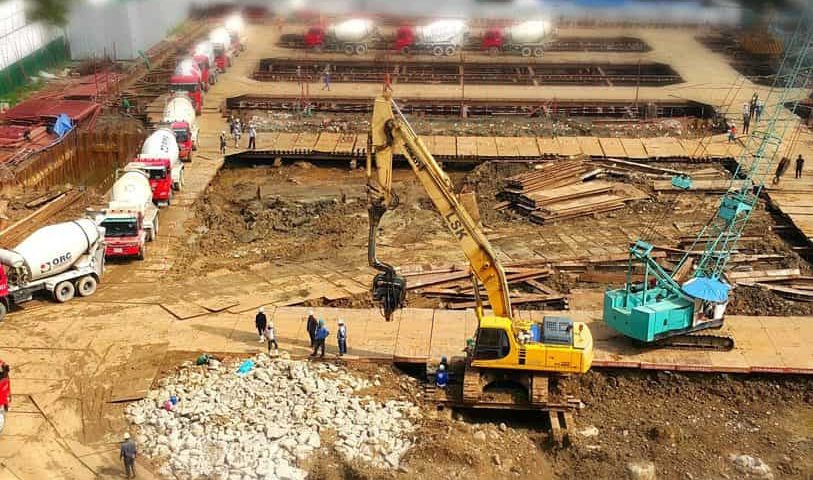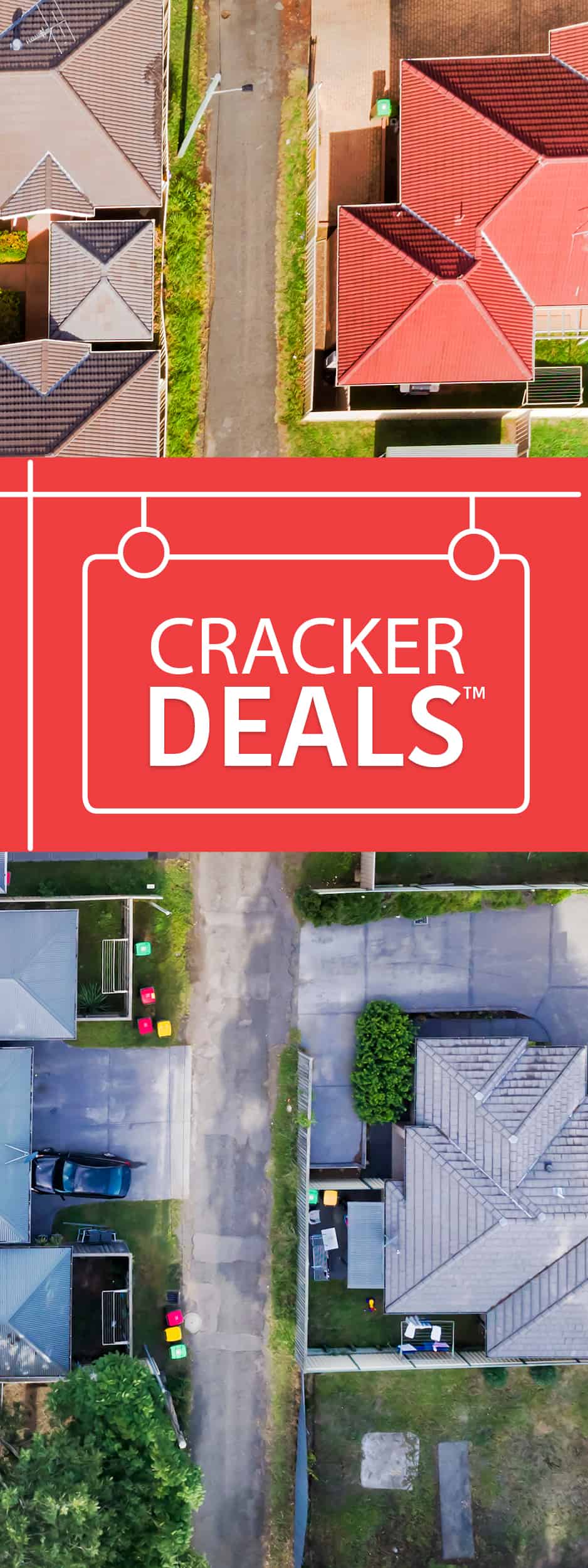- The first step is making the call.
- 1300 022 482
- hello@searchpartyproperty.com.au
Buying Property Off The Plan – What to know

Experts, experts, experts. You’re going to need them when buying property off the plan, and you’re going to need the right ones. Investing in property that doesn’t exist beyond paper, ink and potential carries a lot of risk. There are ways to minimise it though, and with the right guidance and a touch of luck, buying off the plan can pay big dividends.
Those that are selling off the plan are always going to sell hard. They have to, because the property can’t speak for itself yet. There will be plenty of glossy brochures, plush offices and endless talk of all the money you’re going to make in this investment. Take everything with a pinch of salt, and learn to recognise desperation. The lending market is hard on investors at the moment, interest rates are likely to increase and there’s the potential to be in real trouble when the property is complete. With any investment you’re acting the oracle, trying to predict the future of the market and what it will mean for you and your decisions. Buying off the plan you’re looking very far ahead, and at a lot of variables. You’ll need to be predicting what the market will be like in a year, two years, maybe even three or more. Property development and construction is a long and arduous process, which can have any number of snags and delays along the way. Issues may arise that are far beyond your control or clairvoyance.
This is why you’ll need a good team of experts. The contracts involved when buying off the plan are very complex, and you’re going to want someone who can understand and cut through all the jargon to get you the best possible deal. I personally recommend using a solicitor rather than a conveyancer for these sorts of properties, they’ll have a greater eye for the little details that can make all the difference.
I’ve laid down a fair bit of doom and gloom and whilst being careful is key, buying off the plan can be a worthwhile investment. Changes in tax regulations in May of last year mean that established properties have a reduced allowance to deduct depreciation items, whereas the rulings for new properties have remained the same. In layman’s terms, this results in greater tax write offs for new properties which should result in a greater cash flow. The initial deposit on an off the plan property also tends to be quite small. It allows for a low barrier to entry for first time investors and, if the market favours, greater capital gains at the completion of the build.
For NSW Property, if you’re looking to buy off the plan for your first home with a value under $600,000, you’ll also be able to use the First Home Owner Grant which currently sits at $10,000.
New legislation also means that first home buyers will no longer have to pay stamp duty for properties up to $650,000, whilst for properties up to $800,000, there will be concessions available. On a $650,000 property, that’s a saving of approximately $25,000 in stamp duty. (Note: First Home Buyer Grants and Stamp Duty waiver differs by state).
There’s also the rather simple fact that buyers prefer new over old, and with the current oversupply of units in Melbourne, Brisbane and in some key areas of Sydney, this can be a major selling point. Newer properties are being focused in areas of strong economic growth with climbing populations, such as in Sydney’s south-west region. The old adage; location, location, location. Builders know what modern buyers are looking for; good schools, travel links and modern conveniences. Investments here are likely to have good staying power in the future. On the flip side however, this over abundance of options can make for an oversaturated market. There’s a lot of property on the market right now, so have a good look around, it may be better to bet on something that already has four walls and windows than something that hasn’t yet gone beyond a design.
Plan, sleep on it, know your rights! When buying off the plan things can move quickly, and the seller will always try to work in a time pressure component to make you act on impulse. A well made up contract should allow for a ‘cool off clause’, so that even if you put down a deposit, you’ll have a short refund window to take stock and decide if it was a good move. This is an investment that you’ll be in for the long haul. Above all else remember that, and make sure your contract is protected against unforeseen occurrences. When it comes time for finishing, a material alteration clause should allow you to renegotiate your price if the finished building doesn’t hold up to the original design, but there are other intricacies to wind through. My big point on buying off the plan, get a good second opinion. Then a third and then a fourth. Experts, experts, experts!




